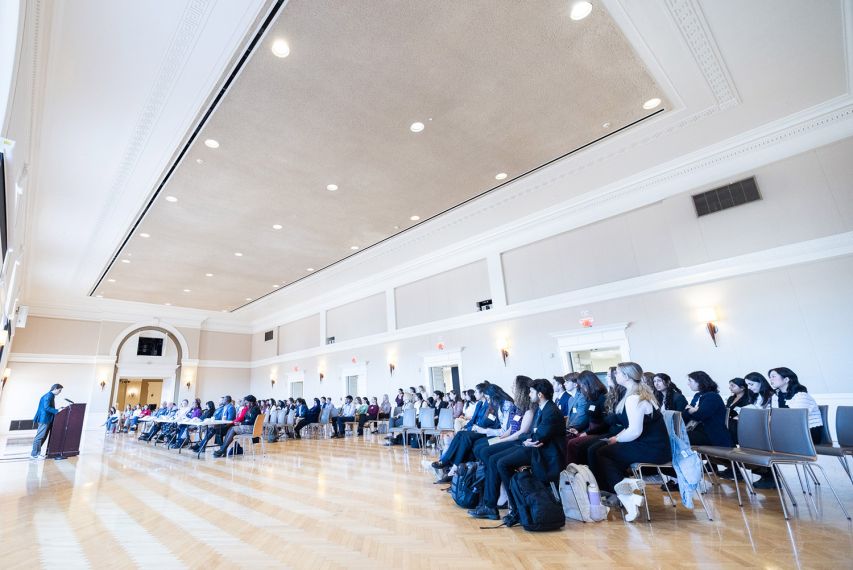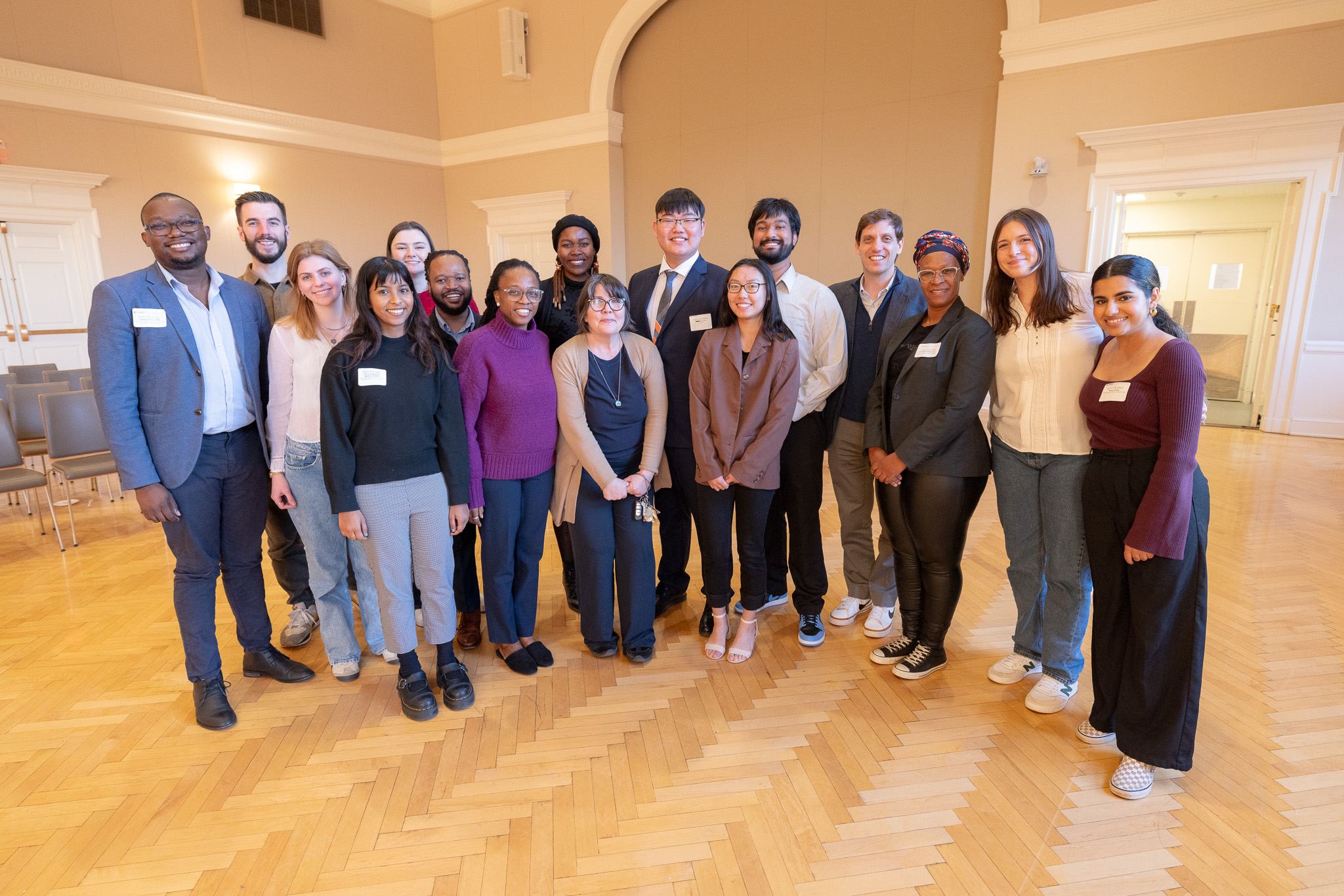This year, CGHE collaborated with the University of the Free State in South Africa to develop a case that addressed the intersection between public health and alcoholism. South Africa has one of the highest levels of alcohol consumption in the world with over 48 % of men and 38 % of women binge drinking.
Eliza Pinche, chair of the GHCC committee said that she has been involved in this competition since her first semester at UVA. “I love being able to deep dive into a selected public health issue, connect with global partners, and organize an event that fosters public health engagement across disciplines.”
The partners work with student leaders on the CGHE Student Advisory Board to develop the case. The problem for this year's competition was titled “Health Impact of Excessive Alcohol Use in South African Youth”.
“The focus on alcoholism in South Africa revealed the multi-layered context of the South African Systems, including the issues around religion, culture, healthcare access, education, social welfare, financing, leisure, and even social security,” said Champion Nyoni, Associate Professor & Research Chair: School of Nursing at the University of the Free State who helped write the case. “This meant that students had to integrate high levels of thinking and consideration of the various facets of the community, the social systems for health, and national policies in addressing the case.
Bonolo Lulu Makhalemele, from the Office of the International Affairs at the University of the Free State said that Global health is one of the critical issues for the future of the human species, especially in Africa, where both infectious and non-communicable diseases threaten development in several aspects. “Developing this case created the perfect opportunity for the integration and co-creation of knowledge as well as practices that emanate from around the world (the US in this case).”
For the winner, the judges considered how well the teams understood the problem, how practical and acceptable their recommended interventions were, how well they delivered their presentation and how effectively they answered questions during the Q&A session





